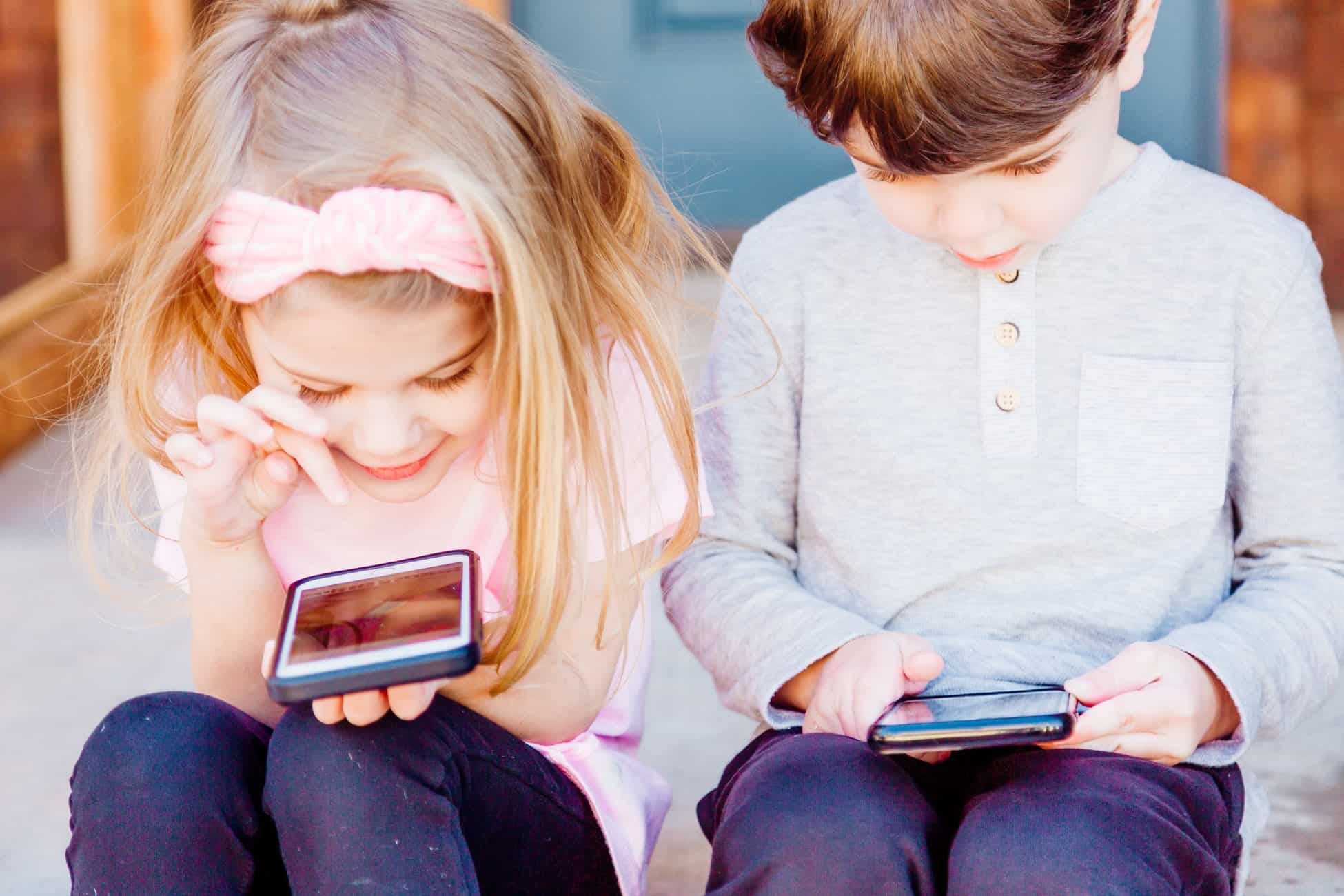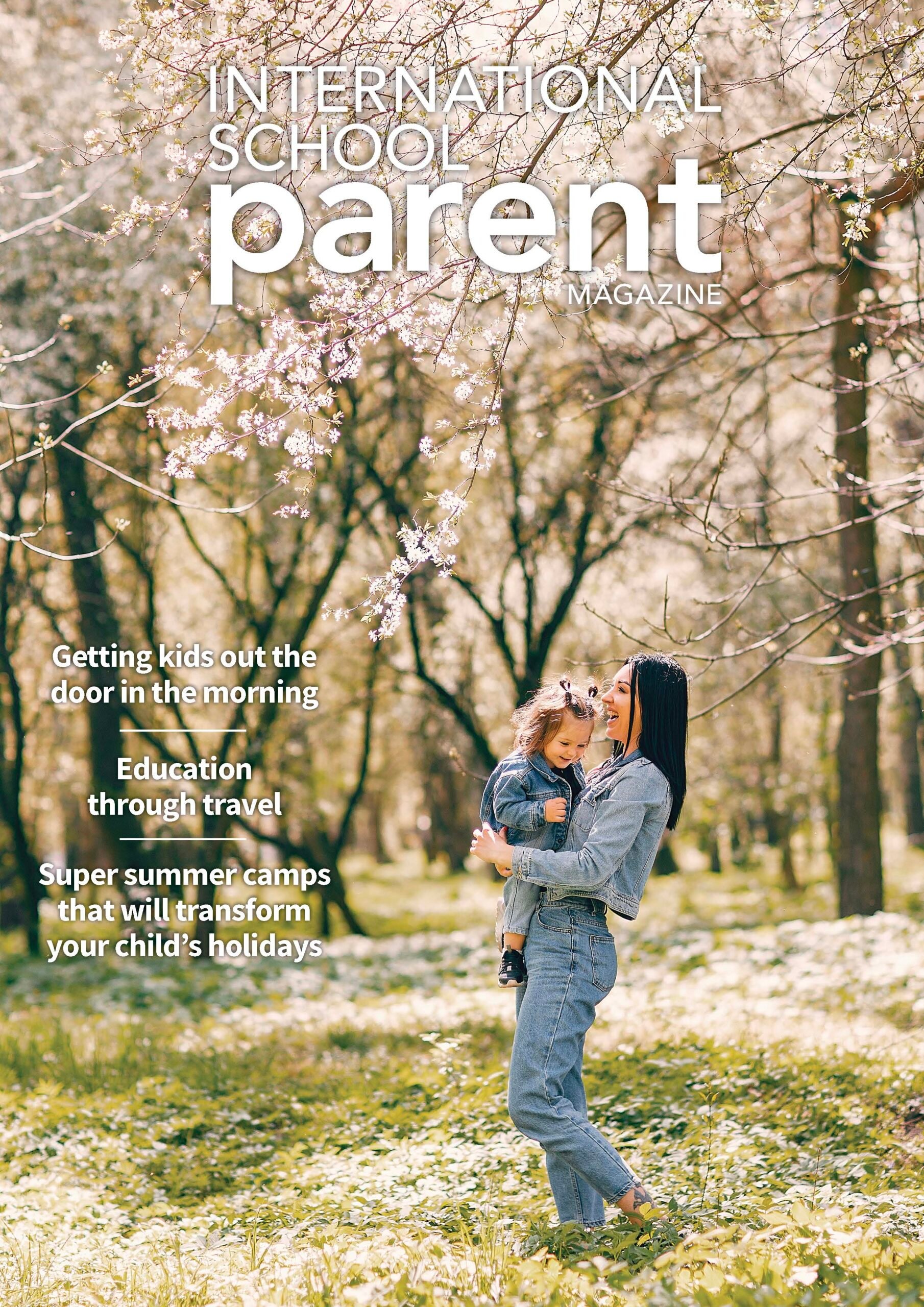Bringing up kids in the digital age: Ticked Off with TikTok

Lockdown.
A time when many a bad habit was formed, and I include both myself and my children in that statement. For my 2-year-old, it was an obsession with watching diggers on YouTube. For me it was a serious 5pm wine habit, and for my 6-year-old daughter, it was TikTok.
And before the comments about the words TikTok and age 6 start rolling in, please know that I am fully aware that the app is designed for age 12+. Please also know that my daughter no longer has anything to do with it. But yes, I took my eye off the ball for a moment (ok… an hour) while she played with her older friend and there it was. A video clip of my little girl out there in cyberspace.
Ok, so, her friend’s account was set to private, so in theory no one with sinister intentions would be able to find it. But can we really expect our children, whether they are 6 or 12+ to effectively police who sees their data and images online when apps are telling them to share, share, share all the time? There have been enough adults speaking out on serious and unacceptable online treatment, from revenge porn to death threats, for us to understand that you’re never really in control of how you’re treated once you’ve shared any part of yourself online. How can it still be so easy for our children to enter this mindless, and largely unregulated world without any help in navigating the dangers from the companies that open the door and beckon them right in?
And yes, of course, we could supervise our kids more. Perhaps put in more privacy settings / parental controls. Be in control of what devices and apps our children are using and when. But wouldn’t it be better if these platforms were safe in the first place? Isn’t that where the investors, the policymakers, and the incredible tech minds should be focusing their energy before the situation gets even more out of control?
A truly shocking 2019 study details a serious YouTube paedophile problem, whereby the channel’s algorithms recommend videos of young children to predators who have previously searched for inappropriate content. These videos are even accompanied by advertising banners by well-known companies. YouTube says that it’s 99 per cent effective at ensuring that adverts only appear on appropriate material, and it is addressing the issue of its video recommendation system. However, a spokesperson also admitted that recommendations are its biggest traffic driver. Therefore, removing them would negatively impact “creators” who need these clicks.
Separately, TikTok’s own parental guide tells me that it is not uncommon to encounter videos on the platform that contain swearing and sexually infused content. And despite having all the parental controls in place, a YouTube video on making ice creams out of playdough, led my daughter on to a video on how to make a T Shirt sexy (in case you’re wondering, you stick your arms through the neck hole and tie the sleeves at the front…). Is that really ok?
And it’s not just the really nasty stuff I’m worried about either. I’m not ok with the infinite and inane nature of the content out there. Researchers have more or less proven that this is not good for our brains. Human tasks and pastimes used to have stopping cues. You would finish a newspaper, or a book, or a movie and that’s it, you’d have to move on!
But experts agree that the way we consume content nowadays has pretty much rendered these cues obsolete. This has dire consequences for our concentration, ability to focus, relax and recharge, and for our mental health in general. Apps encouraging us (and our kids) to constantly seek validation drive us to post anything from baking a cake to putting on make-up online. But that validation we look for comes at the price of our privacy, our own sense of self-worth, and often at the expense of others’ feelings too. Is this ok either?
No. It’s not ok. None of this is ok.
So what can we do?
We all know we should have the privacy settings and parental controls in place, we know we should have strict screen time limits, we know we should supervise screen time for younger children, so that’s not what this about. This is about what we can and should be doing right now to bring more attention to this issue. To start the important conversation and I hope, change our screen habits for the well-being of future generations. Here’s what we can do:
1. Keep the conversation going. If you’ve read this, and you agree with it, then raise your voice. Share this article. Write to someone at Google, or Facebook or whoever. Start a petition. Help me make a change.
2. Take responsibility for what we post. If we choose to post on social media, or make a YouTube or TikTok video, let’s be honest about the reaction we’re looking for, and how our posts may make others feel. If you’ve been for a wholesome family walk and feel like telling the world with hashtags, perhaps don’t. The mum sitting there on the sofa with post-natal depression will feel even worse about the fact that her kids haven’t left the house all day and have eaten nothing but Haribo.
3. Encourage your children not to go on YouTube, TikTok and other social media channels and explain why. Go on. I dare you. We’ve deleted YouTube and YouTube kids in our household. My short lived TikTok phase is over. I know this might seem controversial. I know its social suicide these days and I know it’s very uncool…
…But maybe, just maybe we can get to the point where those kids, teens and young adults not buying into the banality and narcissism these apps encourage, who haven’t shared their most precious moments, images and data online, will be the cool kids. Maybe we can kick start that?
I promise, I am not calling for an end to all things internet. I promise I am fully aware of how certain platforms can be used as a force for good, for change, for education, for fun, for creativity. Yet I stand by my assertion that there is too much that isn’t ok, and it’s right there, begging our kids to give a part of themselves away. So, are you with me?
More from International School Parent
Find more articles like this here: www.internationalschoolparent.com/articles/
Want to write for us? If so, you can submit an article for consideration here: www.internationalschoolparent.submittable.com
